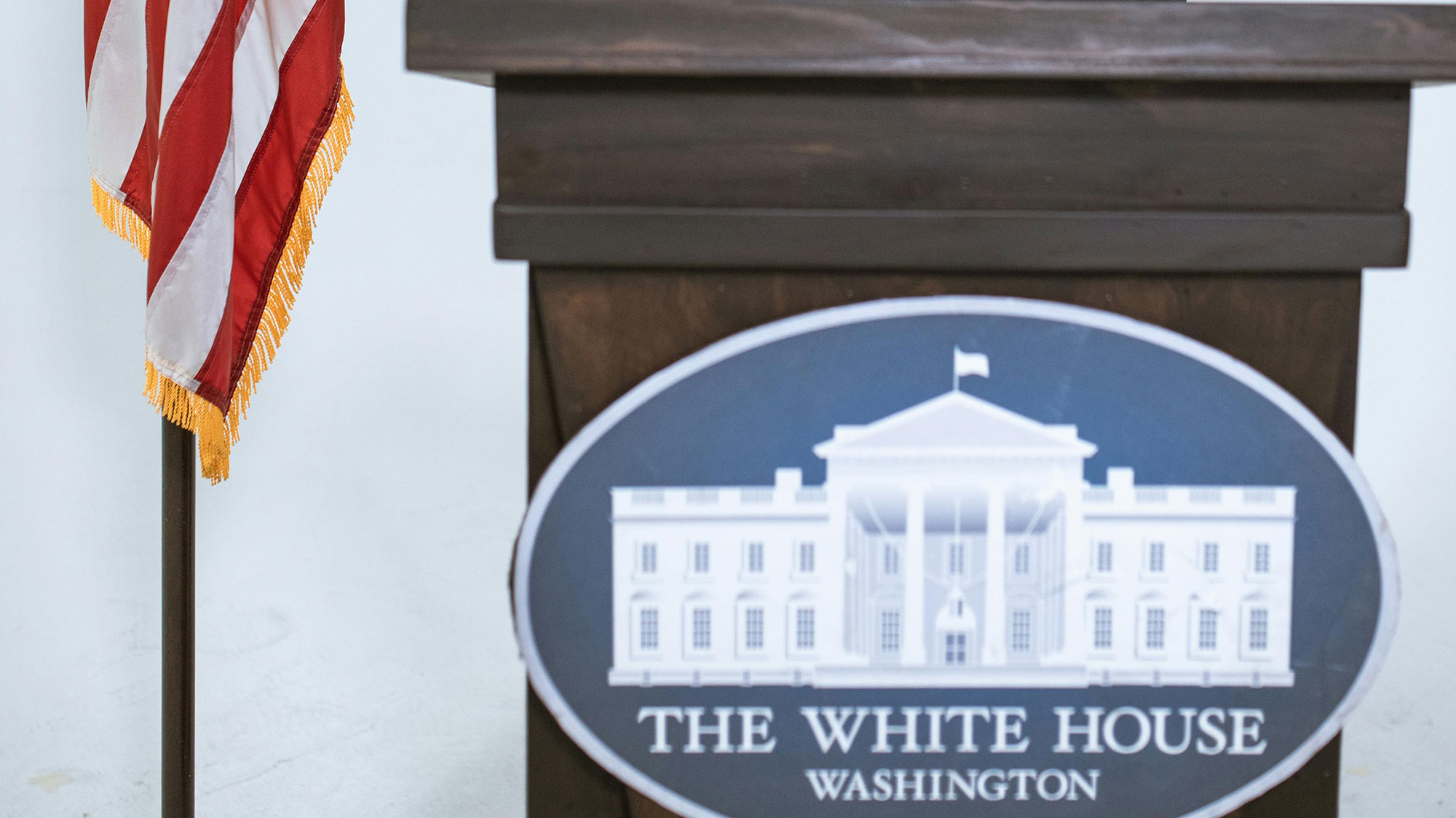Since the January 29, 2025 advisory, President Donald J. Trump has taken additional steps to reshape federal policies through executive orders and memoranda, significantly influencing the funding, regulatory, and operational landscape for tax-exempt organizations. These measures indicate a clear intention to reduce the federal government’s financial contributions to nonprofits and impose new limitations on their activities—even for those that do not rely on federal funding. The administration has signaled that organizations whose objectives align with its priorities may face fewer challenges, whereas those with differing missions could encounter heightened scrutiny. Consequently, nonprofit entities must stay vigilant in monitoring policy shifts and funding adjustments that could substantially impact their future.
Recent Presidential Directives
and Government Responses
Review of Federal Funding for Nongovernmental Organizations (NGOs)
A memorandum issued on February 6, 2025, directs all executive agencies to evaluate existing and future funding for NGOs, ensuring that grants align with the administration’s priorities. These priorities include eliminating diversity, equity, and inclusion (DEI) initiatives, discontinuing aid to undocumented immigrants, and cutting foreign assistance. Although no specific organizations are named, the broad authority granted to agencies may lead to significant funding reductions. Additionally, while not explicitly stated, the Internal Revenue Service (IRS) may play a role in reassessing tax-exempt statuses through audits and other compliance mechanisms.
Potential Impact on Nonprofits: Organizations dependent on federal grants, particularly those engaged in international aid, climate advocacy, immigration services, and equity-focused initiatives, may experience funding reductions and increased regulatory oversight. Affected nonprofits should consider diversifying revenue sources, reassessing their strategic focus, and engaging policymakers to advocate for continued support.
Temporary Suspension of Federal Financial Assistance Programs
A memorandum from the Office of Management and Budget (OMB) dated January 27, 2025, temporarily halted the distribution of all federal financial assistance. This decision faced immediate legal challenges, resulting in court rulings that have mandated the administration to restore funding. In particular, a district court in Rhode Island ruled on February 10, 2025, that the federal government must resume fund disbursements without delay.
Potential Impact on Nonprofits: The funding pause has created financial strain for many organizations, forcing some to scale back programs, delay hiring, or consider closure. While legal challenges continue, the uncertainty surrounding federal funding remains a critical concern.
Restrictions on Transgender Athletes in Women’s Sports
An executive order issued on February 5, 2025, establishes a policy limiting participation in women’s sports to individuals assigned female at birth. It directs the U.S. Department of Education to enforce compliance through Title IX, penalizing institutions that allow transgender athletes to compete in women’s sports. Federal funding may be revoked for noncompliant schools and athletic associations, with enforcement supported by the Department of Justice (DOJ) and coordination efforts involving state attorneys general.
Potential Impact on Nonprofits: Educational institutions and athletic organizations that allow transgender participation may face investigations and potential funding cuts. Legal battles challenging the order’s constitutionality are already underway.
Reduction of U.S. Contributions to International Organizations
An executive order signed on February 4, 2025, calls for the withdrawal of U.S. support from select United Nations (UN) agencies, including the UN Human Rights Council, UNESCO, and UNRWA. Additionally, all U.S. involvement in the UNHRC will cease, and agencies are prohibited from providing financial contributions to UNRWA. The Secretary of State and the U.S. Representative to the UN have been directed to review the country’s participation in international treaties and agreements.
Another executive order, issued on February 7, 2025, ends U.S. financial aid to South Africa, citing concerns over land expropriation policies and South Africa’s genocide case against Israel. This directive also prioritizes the resettlement of white South African farmers as refugees in the United States.
Meanwhile, a court ruling on February 7, 2025, temporarily halted the administration’s decision to place USAID employees on leave and recall overseas staff within 30 days. A hearing is scheduled to determine further action.
Potential Impact on Nonprofits: Organizations working in international development, particularly those reliant on UN funding or engaged in U.S.-funded projects in South Africa, may experience operational disruptions. Nonprofits in politically sensitive regions should reassess funding strategies and prepare for long-term policy shifts.
Federal Funding Cuts for Schools Accused of “Radical Indoctrination”
An executive order dated January 29, 2025, mandates the development of strategies to withhold federal funds from K-12 schools that promote “gender ideology” and “discriminatory equity practices.” Additionally, educational institutions receiving federal funds must comply with legal requirements to provide Constitution-focused educational programs.
Potential Impact on Nonprofits: Schools offering resources for transgender and gender-nonconforming students may need to reevaluate policies on parental notification, facility access, and extracurricular activities to avoid losing funding.
Criminal Investigation of DEI Programs
A memorandum issued on February 5, 2025, directs the DOJ’s Civil Rights Division to investigate and penalize DEI-related programs in both private and federally funded institutions. A report identifying key areas of concern and outlining enforcement strategies is due by March 1, 2025.
Potential Impact on Nonprofits: While not exclusively targeting nonprofits, this policy could significantly affect organizations focused on racial and gender equity. Broad interpretations of “illegal DEI” activities could lead to IRS audits and potential loss of tax-exempt status.
Reduction of Indirect Cost Rates for Federally Funded Research
New NIH guidelines issued on February 7, 2025, cap indirect cost reimbursement at 15% for grants awarded to higher education institutions, including universities and medical research facilities. This replaces previously negotiated rates. A coalition of 22 states has challenged the policy in court, securing a temporary restraining order that blocks implementation—but only within those states.
Potential Impact on Nonprofits: Over 2,500 research institutions may struggle to cover administrative costs, potentially undermining their ability to sustain research programs. Institutions in states not covered by the restraining order could be the first to experience these financial constraints.
The administration’s executive actions collectively signal a significant shift in federal policy that will impact nonprofit organizations across various sectors. Entities that rely on government funding must navigate a rapidly changing regulatory environment and explore alternative funding sources. Good Nonprofits can help with strategic adjustments that will be crucial for organizations seeking to maintain their operations in this evolving landscape.





